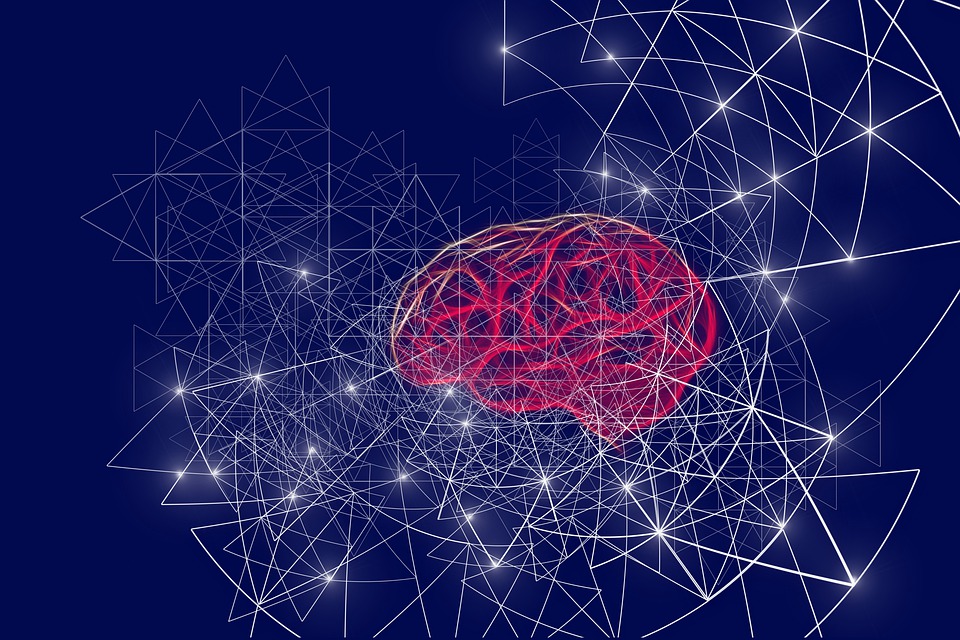
Depression is a condition that can impact anyone, regardless of age, gender, or social status. As a result, it is a significant global health challenge, affecting millions worldwide. Technological advancements have led to various treatments that can help manage different types of depression. This article will dive into the different types of depression and the tech-enabled depression treatment available for each.
From situational depression, which negative events or significant life changes can trigger, to biological depression, caused by an imbalance in neurotransmitters or hormones, each type of depression requires a personalized approach. Tech-enabled treatments like teletherapy, mobile apps, and virtual reality therapy are emerging as effective tools to help individuals manage their depression.
Another major tech innovation is Transcranial Magnetic Stimulation (TMS). This non-invasive, non-surgical treatment utilizes magnetic fields to target neural structures associated with depression. Using this advanced technology can increase the accessibility, convenience, and affordability of treatment, improving the quality of life for individuals struggling with depression.
Major Depressive Disorder (MDD)
Major Depressive Disorder (MDD) is a type of depression recognized as a formal diagnosis in the Diagnostic and Statistical Manual of Mental Disorders (DSM-5). The causes of MDD can vary from biological to psychological factors.
Tech-enabled treatments for MDD include selective serotonin reuptake inhibitors (SSRIs) and serotonin-norepinephrine reuptake inhibitors (SNRIs). Additionally, Deep Transcranial Magnetic Stimulation (Deep TMS™.) has emerged as a non-invasive and FDA-cleared treatment for MDD that uses magnetic fields to target neural structures associated with depression.
Situational Depression
Situational depression is a normal response to negative events and isolating situations. However, when these feelings persist for more than a few weeks, it may be a sign that the depression is better explained by one of the other types. Tech-enabled treatments for situational depression include teletherapy, mobile apps that offer cognitive-behavioral therapy (CBT) and mood-tracking tools, and virtual support groups.
Psychological Depression
Psychological depression is rooted in an individual's thoughts, beliefs, and coping mechanisms. Trauma, past experiences, and negative thought patterns can contribute to psychological depression. Tech-enabled treatments for psychological depression include:
- Teletherapy.
- Mobile apps that offer CBT and mindfulness exercises.
- Virtual reality (VR) therapy that helps patients address negative thought patterns.
Existential Depression
Existential depression is a form of depression that arises from questions about the meaning and purpose of life. Tech-enabled treatments for existential depression include teletherapy and mobile apps that offer mindfulness exercises, self-reflection prompts, and guided meditations.
Biological Depression
Biological depression occurs when an imbalance in neurotransmitters or hormones affects mood and psychiatry. Tech-enabled treatments for biological depression include medication and medical interventions such as sleep apnea treatment or hormone therapy.
Accelerated Tech Advances Since COVID-19: How Mental Health Has Evolved
The COVID-19 pandemic has accelerated the adoption of telemedicine, and mental health care is no exception. As a result, Teletherapy has emerged as an effective alternative to traditional face-to-face therapy, especially for depression. In addition, the convenience and accessibility of teletherapy have made it an increasingly popular option for patients who struggle with mobility or transportation issues or live in rural areas without access to mental health care.
Research has shown that teletherapy is just as effective as in-person therapy for treating depression, with some studies suggesting that it may even be more effective in some cases. In teletherapy, patients can interact with their therapists via videoconferencing, phone, or messaging. In addition, it allows for greater flexibility and convenience, as patients can schedule appointments during their lunch breaks, while traveling, or from the comfort of their homes.
Teletherapy also offers anonymity that can appeal to some patients who feel uncomfortable sharing their feelings in person. It can also be more affordable, as it eliminates the costs associated with travel and clinic visits. Additionally, it can reduce the stigma often associated with seeking help for depression.
Conclusion: How Tech-Enabled Treatments Can Assist in Treating Depression
Depression is a complex and multifaceted condition requiring a multifaceted treatment approach. With advancements in technology, various treatments are available for different types of depression. Seeking help from mental health professionals and exploring tech-enabled treatments can help individuals manage their depression and improve their quality of life.
Overall, the rapid and unprecedented rise in teletherapy has been a game-changer for mental health care, making it easier for individuals to access the support they need. As technology advances, teletherapy and TMS™-style therapies are likely to become an even more integral part of mental health care, providing a valuable and effective treatment option for those struggling with depression.